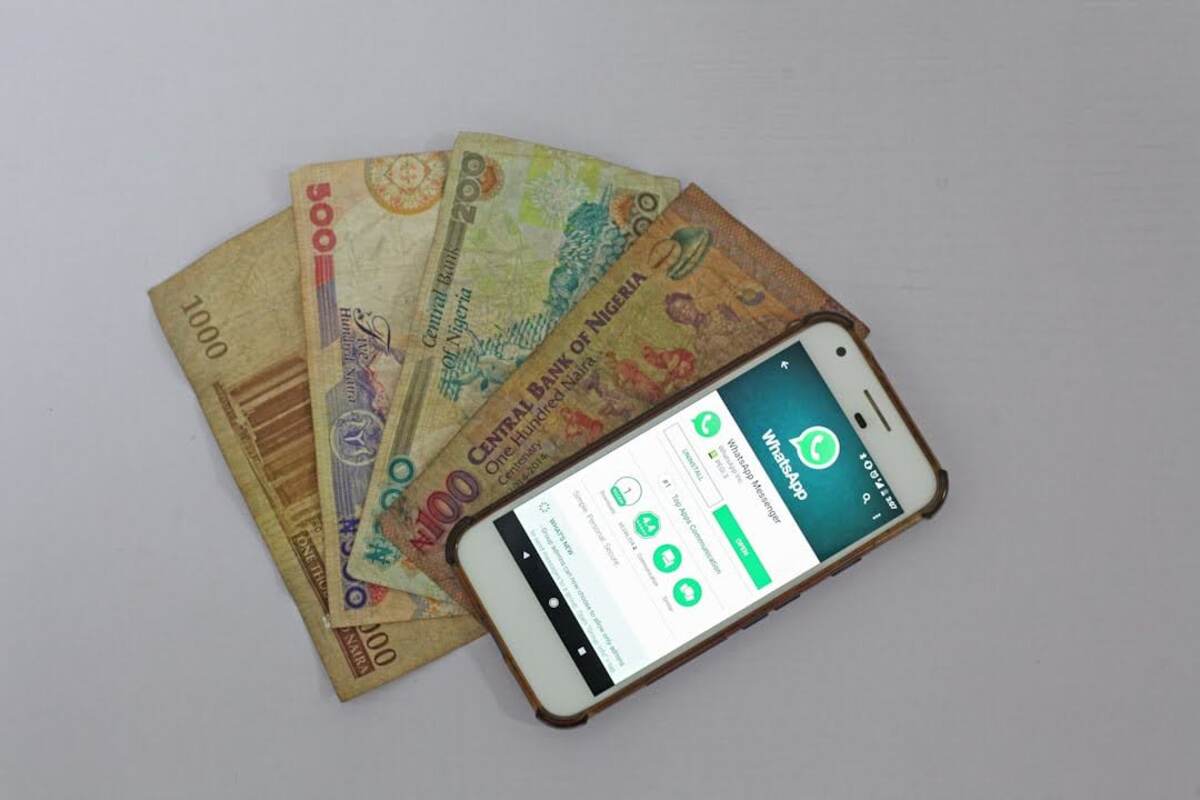The rapid expansion of digital payment technologies has ushered in transformative changes across Malaysia, influencing both leisure industries and everyday transactions. With the dual pressures of urban modernization and evolving consumer expectations, cashless payment systems are steadily replacing traditional monetary exchanges. Today’s digital wallets not only offer convenience and speed but also enhance security, transparency, and financial inclusivity. As Malaysians increasingly embrace sophisticated mobile payment solutions, the nation’s journey toward a fully integrated digital economy becomes ever more apparent. With improved infrastructure and government-backed initiatives fueling this transition, various sectors – from tourism to retail – are experiencing a noticeable evolution in transaction methods.

This digital shift is not solely a product of technological advancement; it also reflects a broader societal demand for efficiency and flexibility in managing finances. Consequently, stakeholders from private enterprises to government bodies are collaborating to streamline payment networks, ensuring that every transaction contributes to a more connected, cashless society. The current momentum highlights Malaysia’s readiness to leverage digital innovations, establishing a robust foundation for future growth in both travel and daily life.
The rise of digital wallets in Malaysia
Over recent years, Malaysia’s embrace of digital wallets has grown significantly, driven by improved internet penetration, smartphone usage, and a strong governmental push for a cashless economy. Financial institutions and fintech startups alike have introduced user-friendly applications that simplify transactions for consumers and merchants. As these technologies mature, more Malaysians are coming to rely on them for everything from paying utility bills and shopping online to splitting dinner bills and booking travel accommodations. Across urban and rural regions, digital wallets have become synonymous with reliability and speed, offering a level of transactional security that builds trust among users. Moreover, evolving regulatory frameworks are further encouraging widespread adoption.
Initiatives such as the National e-Payment Roadmap have bolstered confidence in transitioning to technology-driven payment methods. Investment in digital infrastructure has not only facilitated seamless connectivity but has also enabled real-time transaction monitoring, enhancing consumer protection. Such measures have played a critical role in mitigating fraud and ensuring that both businesses and individuals can engage in cashless transactions with confidence. Armed with these advancements, the nation is steadily transforming into a digital payment hub where traditional banking meets innovative technology.
Digital solutions empowering travel experiences
The travel industry is undergoing a seismic shift as digital wallets integrate into every aspect of the journey. From booking flights and hotels to making in-transit purchases at airports and tourist attractions, the convenience of digital payments has redefined travel experiences. In online entertainment and gaming, a notable example of innovative payment methods is the DuitNow e-wallet casino, which demonstrates the growing preference for secure and instantaneous transactions.
In addition to streamlining the payment process, digital wallets are also transforming customer service experiences in travel. Hotels and restaurants are increasingly adopting apps that allow guests to make seamless payments while accessing loyalty rewards and personalized offers. This enhanced digital integration increases overall customer satisfaction and reduces friction during peak travel periods. The convenience offered by these technologies is not confined to luxury segments, as mid-range and budget services alike have begun to harness digital payment solutions. This widespread adoption suggests a future where cash becomes a relic, and every aspect of travel is optimized for the digital age.
Digital wallets in daily life: Convenience and security
Beyond the realm of travel, digital wallets continue to reshape everyday life in Malaysia by offering a blend of convenience, security, and efficiency that traditional payment methods struggle to match. In markets ranging from retail to public transportation, digital payment solutions facilitate instant purchases and transactions that are both traceable and secure. With data indicating a substantial uptick in digital wallet transactions, an analysis of the electronic payments dashboard reveals that consumer confidence is at a record high. Comprehensive monitoring of transaction volumes further demonstrates how Malaysians are increasingly relying on these tools to manage daily expenses, pay bills, and support small businesses.
As digital payment systems become more sophisticated, integration with biometric security measures and two-factor authentication is setting new industry standards for safety. This focus on security is crucial in an era of evolving cyber threats, ensuring that users’ funds and personal data remain protected. In retail environments, vendors benefit from reduced transaction times and lower overhead costs, while consumers enjoy the simplicity of contactless payments. These multi-layered benefits underscore the fundamental role digital wallets play in modern financial management across diverse sectors.
Future trends: Towards a cashless society
Looking ahead, the evolution of digital wallets in Malaysia is poised to accelerate as emerging technologies and strategic initiatives coalesce to create an even more robust cashless ecosystem. Innovations in artificial intelligence and blockchain technology are expected further to enhance security and user experience in digital transactions. Within the tourism sector, developments are already signaling major shifts in how travel accommodations and services are managed. One notable example is the recent announcement by Tourism Malaysia, Tourism Malaysia unveils ambitious plans for Visit Malaysia 2026, which reflects the industry’s drive to integrate advanced digital payment solutions into travel infrastructures. These forward-thinking projects not only promise enhanced service delivery but also align with a broader national strategy aimed at solidifying Malaysia’s position as a digital leader.
The rapid evolution in digital payment ecosystems is supported by a dynamic blend of technological advancements and strategic policy reforms. Increased investments in information and communications technology have resulted in unprecedented innovation, providing consumers with a greater range of convenient and secure payment options. Stakeholders from various sectors are consistently working to modernize financial services, reinforcing the reliability of digital transactions. Such combined efforts signal a future where cashless operations become the cornerstone of economic activity, with technology enabling greater transparency, efficiency, and overall public trust. This intermediate period allows industries to learn from pilot programs and fine-tune systems for mass adoption, ultimately paving the way for more resilient economic models that embrace digital transformation.
Concurrently, government policies are playing a vital role in shaping this transformation. The rollout of comprehensive strategies, such as those detailed in the Malaysia Digital Economy Blueprint, outlines a clear roadmap for integrating advanced payment systems across public and private sectors. These initiatives are backed by significant investments in digital infrastructure and are designed to foster innovation while ensuring regulatory compliance. As more Malaysians adopt digital wallets for both daily transactions and leisure activities, the convergence of technology with everyday life heralds a future defined by efficiency, reliability, and hyper-connectivity. In this rapidly evolving landscape, the drive to build a cashless society is not only a technological imperative but also a reflection of Malaysia’s long-term vision for sustainable economic growth.












Add comment